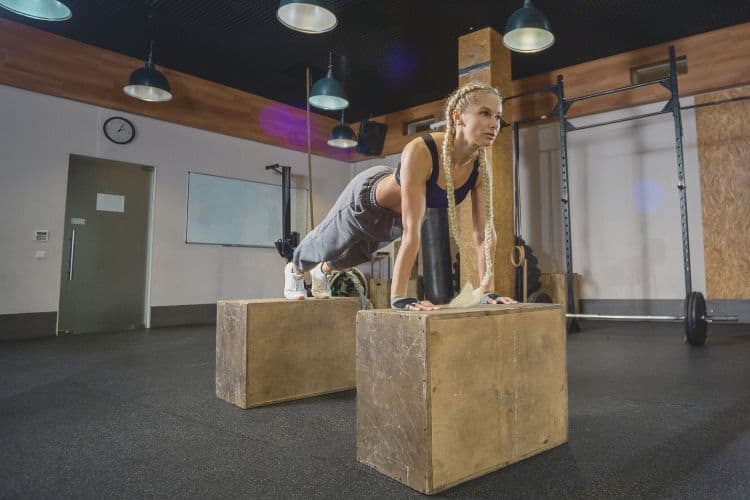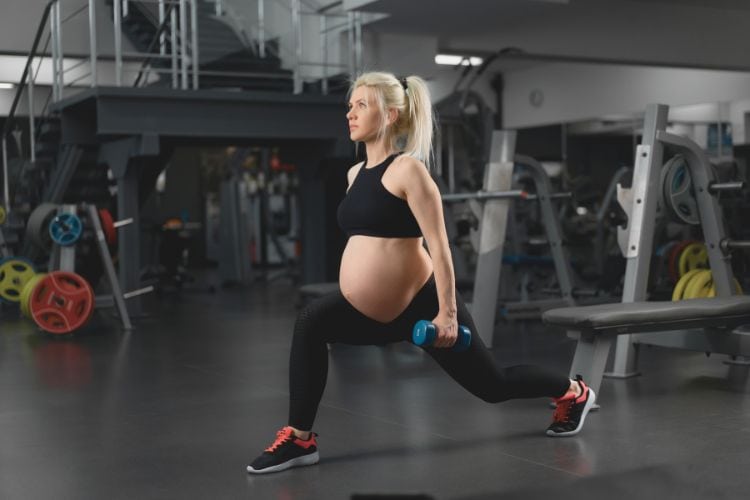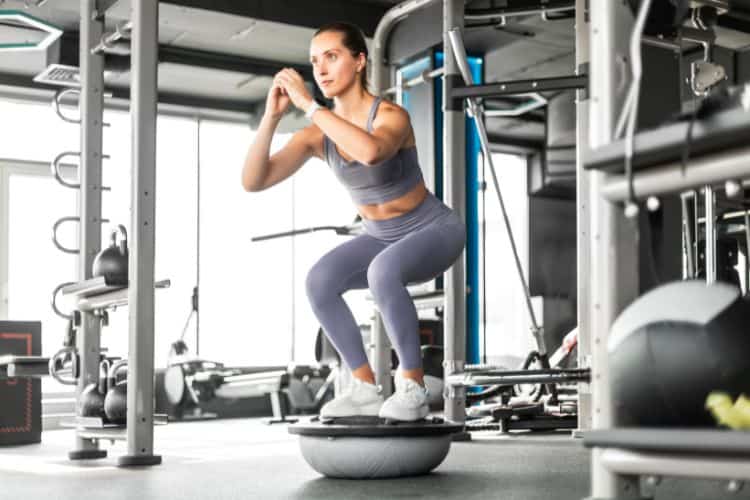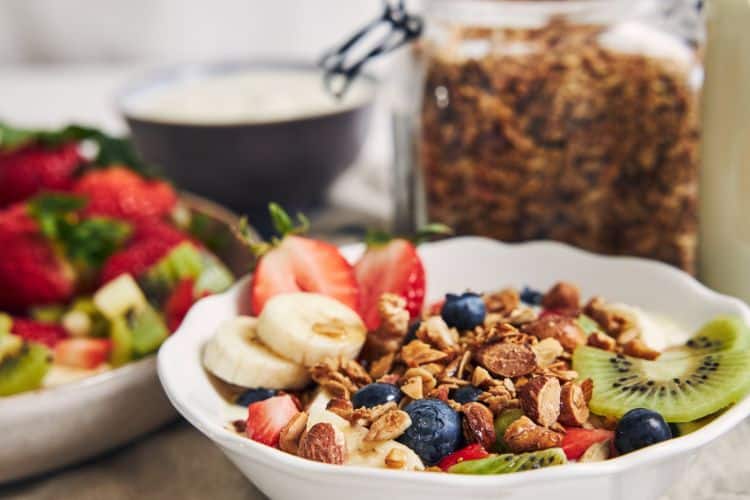Sign up for workout ideas, training advice, reviews of the latest gear and more.






When it comes to fitness, what you eat before your workout can make a huge difference in your performance, energy levels, and recovery. A well-balanced pre-workout breakfast provides the right mix of carbohydrates, protein, and healthy fats to energize your body, stabilize blood sugar, and prevent fatigue. Choosing the right foods can help you work out harder, recover faster, and achieve your fitness goals more effectively. In this article, we’ll dive into the best breakfast foods to eat before a workout, explain the science behind pre-workout nutrition, and give you practical meal ideas you can use whether you train early in the morning, mid-day, or later in the day.
Your body relies on glycogen (stored carbohydrates) as its primary fuel during exercise. Eating a carbohydrate-rich breakfast ensures your glycogen stores are topped up, so you have the energy to power through your workout.
Studies show that athletes and active individuals who eat before training experience better endurance, strength, and focus compared to those who exercise on an empty stomach.
Including protein in your pre-workout meal helps protect muscle tissue by providing amino acids, which are essential for repair and recovery.
A balanced breakfast with both carbs and protein sets the stage for faster post-workout recovery, especially when followed by a nutrient-dense post-workout meal.
Carbohydrates are the body’s preferred source of energy. Complex carbs like oats, whole grains, and fruits release glucose slowly, giving you sustained energy throughout your workout.
Protein supports muscle strength and prevents breakdown during exercise. It also kickstarts recovery and helps build lean muscle mass. Greek yogurt, eggs, and protein smoothies are excellent options.
While fat takes longer to digest, small amounts of healthy fats (like nut butter, chia seeds, or avocado) provide longer-lasting fuel, especially for endurance workouts.
Along with food, staying hydrated before your workout is critical. Water or electrolyte drinks help maintain performance, prevent dehydration, and regulate body temperature.
Oatmeal is a slow-digesting carb that provides steady energy. Adding fruit (like bananas or berries) gives a quick glucose boost, while nuts or seeds supply healthy fats and protein.
Why it works: Balanced macronutrients for both immediate and long-lasting fuel.
Whole grain bread provides complex carbs, peanut butter adds protein and fat, and banana delivers potassium to support muscle function.
Why it works: Simple, quick, and perfect for preventing mid-workout fatigue.
Greek yogurt is protein-rich, while granola adds complex carbs. Berries provide antioxidants to reduce inflammation caused by intense training.
Why it works: Combines muscle support with immune-boosting nutrients.
A smoothie is an easy, fast-digesting option. Blending protein powder with banana, spinach, and almond milk creates a nutrient-packed meal.
Why it works: Quick absorption for those who work out early or need a light meal.
Eggs are a complete protein source, packed with all essential amino acids. Pairing them with whole grain toast provides a carb-protein combo for balanced fuel.
Why it works: Simple, satiating, and ideal for strength training days.
Prepared the night before, overnight oats are rich in carbs, fiber, and protein. Chia seeds add omega-3 fatty acids, while almond butter offers healthy fats.
Why it works: Convenient, nutrient-dense, and customizable for any workout.
Cottage cheese contains casein protein, which digests slowly, making it perfect for sustained energy. Pair it with fruit for quick carbs.
Why it works: Great for early morning workouts when you need lasting fuel.
Avocado provides healthy fats and fiber, while the egg adds protein. Together with whole grain toast, it makes a satisfying, balanced pre-workout meal.
Why it works: Excellent for steady energy and muscle support.
Light, easy to digest, and quick to prepare, rice cakes topped with nut butter and a drizzle of honey give a mix of fast and slow energy.
Why it works: Perfect for people with sensitive stomachs before exercise.
If you’re short on time, homemade bars with oats, nut butter, honey, and protein powder are portable and effective.
Why it works: Easy grab-and-go breakfast that won’t weigh you down.
If you have time, aim for a balanced breakfast with complex carbs, protein, and fats (like oatmeal with eggs or Greek yogurt with oats). This allows your body to digest fully and maximize energy.
Choose lighter, easily digestible options like smoothies, bananas with peanut butter, or rice cakes with honey. These provide quick fuel without causing stomach discomfort.
For those who train right after waking up, a small snack like half a banana, a slice of toast with nut butter, or a protein shake is enough to get going without feeling sluggish.
Opt for high-protein, moderate-carb breakfasts to keep you full and energized. Example: Greek yogurt with berries and a sprinkle of flax seeds.
Choose a carb-protein heavy meal to maximize performance and recovery. Example: Eggs, toast, and a fruit smoothie.
Long cardio sessions require more carbs. Example: Oatmeal with banana and honey, plus a small protein shake.
While some foods fuel your workout, others can slow you down or cause digestive discomfort. Avoid:
Eating the right breakfast before your workout can mean the difference between dragging through a session and performing at your peak. The ideal pre-workout breakfast should include carbohydrates for energy, protein for muscle support, and a small amount of healthy fats for endurance.
By timing your meal correctly and avoiding foods that hinder performance, you’ll fuel your body, protect your muscles, and maximize your workout results.
Stay up to date on the latest women’s health, fitness and lifestyle trends and tips.